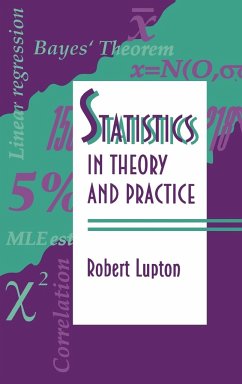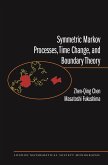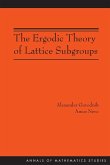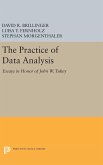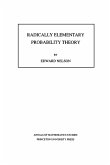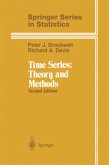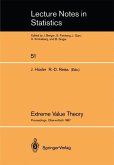Aimed at a diverse scientific audience, including physicists, astronomers, chemists, geologists, and economists, this book explains the theory underlying the classical statistical methods. Its level is between introductory "how to" texts and intimidating mathematical monographs. A reader without previous exposure to statistics will finish the book with a sound working knowledge of statistical methods, while a reader already familiar with the standard tests will come away with an understanding of their strengths, weaknesses, and domains of applicability. The mathematical level is that of an advanced undergraduate; for example, matrices and Fourier analysis are used where appropriate. Among the topics covered are common probability distributions; sampling and the distribution of sampling statistics; confidence intervals, hypothesis testing, and the theory of tests; estimation (including maximum likelihood); goodness of fit (including c2 and Kolmogorov-Smirnov tests); and non-parametric and rank tests. There are nearly one hundred problems (with answers) designed to bring out points in the text and to cover topics slightly outside the main line of development.
Hinweis: Dieser Artikel kann nur an eine deutsche Lieferadresse ausgeliefert werden.
Hinweis: Dieser Artikel kann nur an eine deutsche Lieferadresse ausgeliefert werden.

